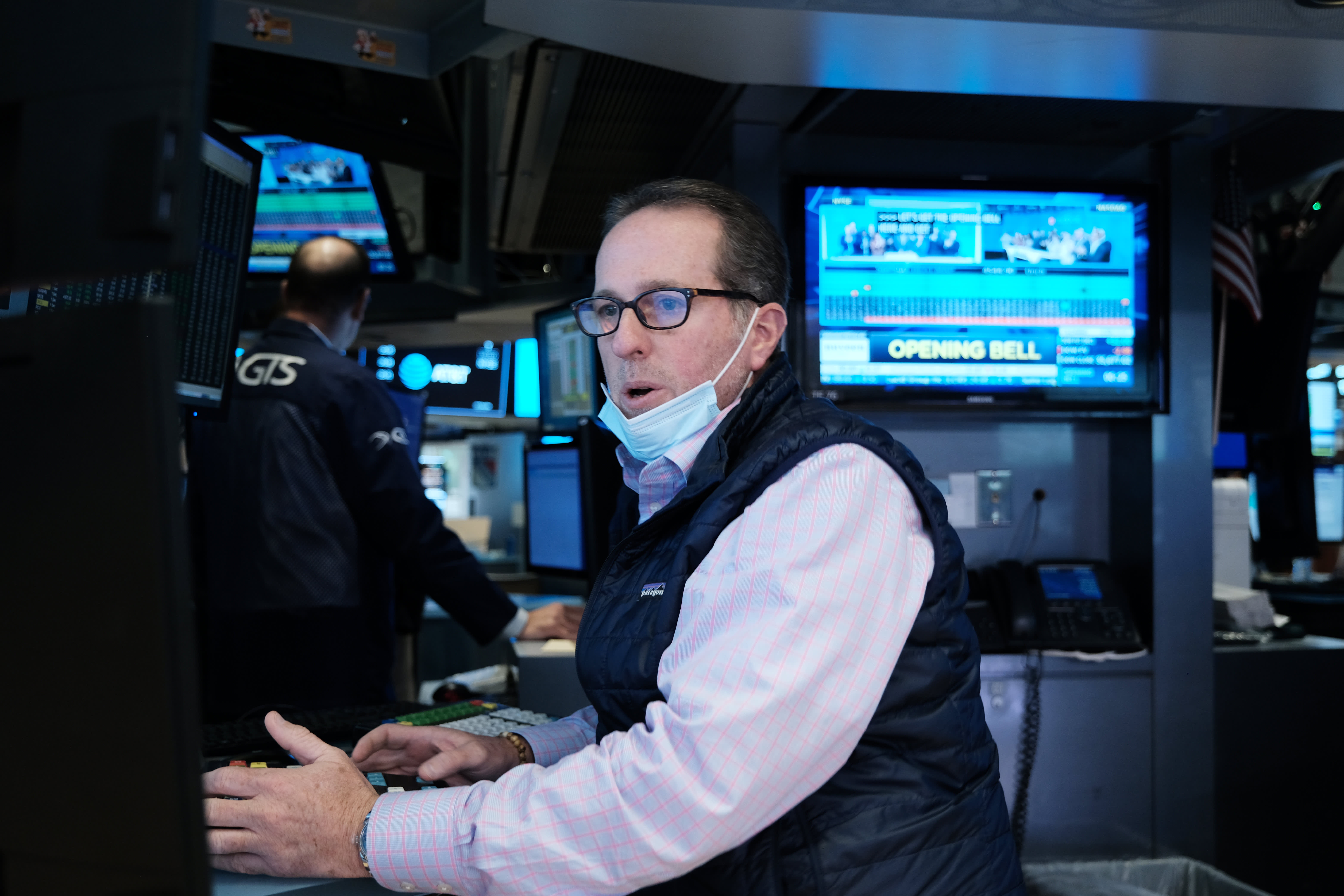
November kicked off with a big rally for small stocks.
The small-cap-focused Russell 2000 rose nearly 3% on Monday, far better than the S&P 500 which ended the session only slightly higher. The corner of the market for small caps has lagged the large caps this year, gaining 19% compared with the S&P’s 23% increase.
Ari Wald, head of technical analysis at Oppenheimer, said the rally in small caps will continue and it should fuel even more gains for their large-cap counterparts. In a report over the weekend, he coined this as “a bet on small is a bet on all.”
“This now fresh nine-month breakout in the Russell 2000 small-cap gauge of stocks, we see that as internal firepower for equities broadly going into the first half of 2022,” Wald told CNBC’s “Trading Nation” on Monday. “Every rolling three-month period since 1979 when the Russell is up the S&P 500 has also been up 92% of the time. Hence, it’s not one or another. This isn’t a rotation call.”
Small caps, generally more cyclical stocks, tend to outperform when the economy is healthy and growing. The IWM Russell 2000 ETF has climbed 7% this quarter.
“This breakout in small caps, that have really been flat for nine months, bodes well for the bull market overall. It’s making the case for an all-cap rally,” Wald said.
One group within the space that should drive the outperformance is momentum stocks, he added.
“If you look at the small-cap momentum ETF, ticker DWAS, it’s outperforming relative to its benchmark, relative to the Russell 2000. So I think you stick with that,” said Wald.
Boris Schlossberg, managing director of FX strategy at BK Asset Management, agreed that small caps should do well, especially if these companies can weather an inflationary environment.
“The whole thing really rests on the idea of whether the small caps have some pricing power going forward. And I think basically the whole bullish thesis going forward into 2022 is that the economy returns to pre-Covid levels, but at a much lower labor level … therefore the productivity gains are going to be enormous. That’s going to lead to better profits,” Schlossberg said in the same interview.
The IWM ETF is expected to generate $7.16 a share in profit in fiscal 2021, according to FactSet, rebounding from $2.83 a share in 2020.




